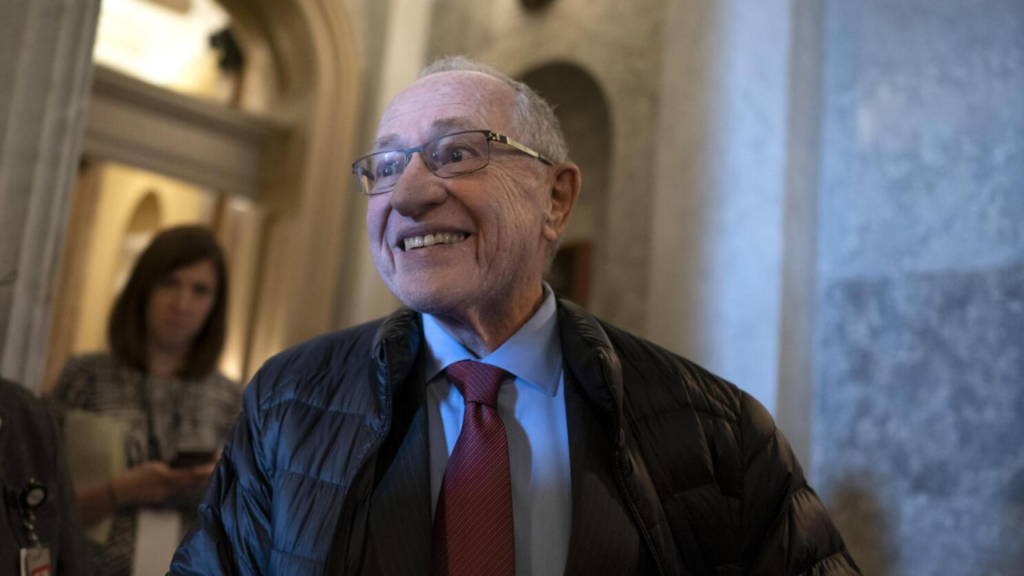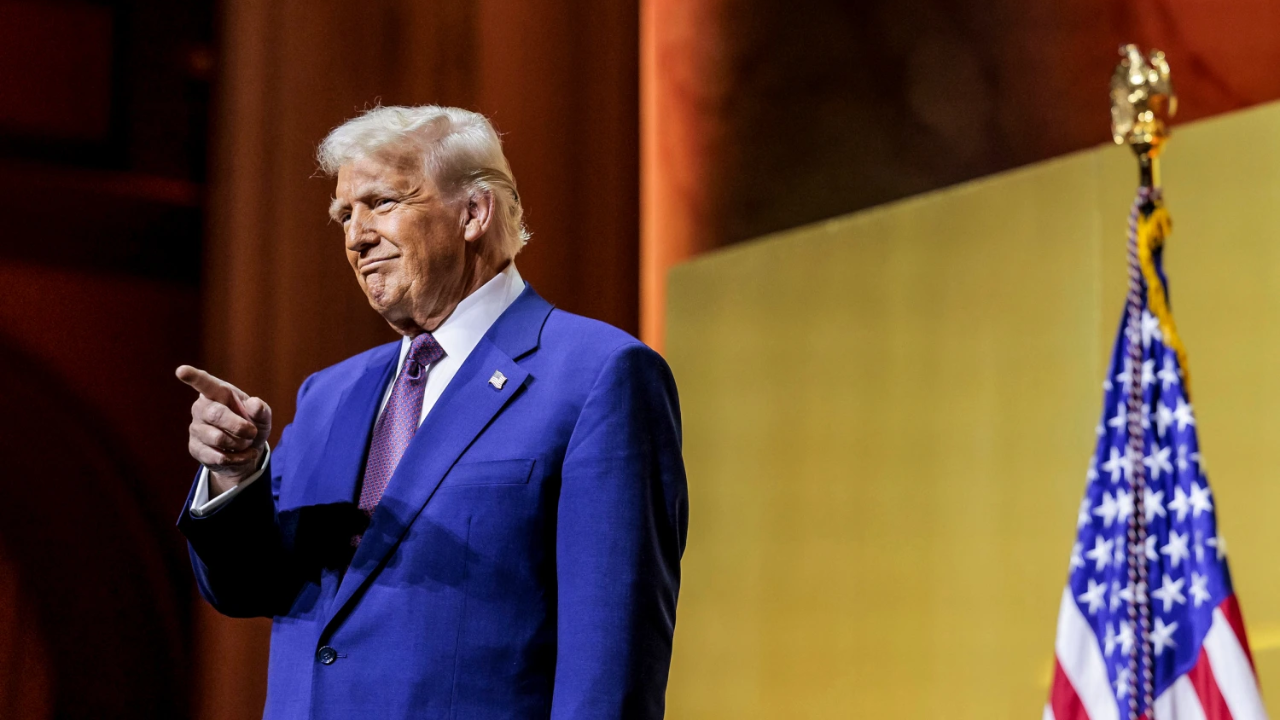A federal judge has ruled that a defamation lawsuit against former President Donald Trump can proceed.
The lawsuit was filed by members of the Central Park Five—Antron McCray, Kevin Richardson, Yusef Salaam, Raymond Santana, and Korey Wise—who were wrongfully convicted in the 1989 Central Park jogger case.
This legal action focuses on statements Trump made during a political debate, where he suggested that the Central Park Five had confessed to the crime. The plaintiffs argue that this was false and damaged their reputations. The court believes there is enough reason for the case to continue.
What Is the Case About?
The Central Park Five were teenagers when they were accused and convicted of assaulting and raping a woman jogging in Central Park.
However, years later, DNA evidence proved they were innocent, and the real attacker was identified. Their convictions were overturned, and they received a settlement from the City of New York.
Trump had taken out a full-page ad in 1989 calling for the death penalty for the accused. Decades later, during a political debate, he repeated his claim that the five had confessed. The lawsuit says that Trump’s comments falsely portrayed the men and caused them new harm.
Alan Dershowitz Weighs In

Legal expert Alan Dershowitz commented that the case could become complicated. According to him, the lawsuit might expose details about the men’s actions that night, which could weaken their case.
Dershowitz said, “This will be a hard case for them to win. While they didn’t admit guilt, it’s more nuanced than people think. If this goes to trial, there will be depositions and detailed timelines.”
He also pointed out that some men now have political ambitions, which could make them public figures. If they are seen as public figures, the legal bar becomes higher—they must prove that Trump knowingly made false statements or acted with reckless disregard for the truth.
Public vs. Private Figures
Dershowitz explained that for a public figure to win a defamation case in the U.S., they need to prove not just that the statement was false, but that it was made with “actual malice.” That means Trump must have known his statement was false or acted with disregard for the truth.
Dershowitz added, “They’ll need to show they were newly harmed by his comments during the debate, not just the original damage from years ago.”
What Trump’s Team Says?
Attorney Karin Sweigart, representing Trump, argued that his debate remarks fall under free speech. She said they were political opinions, not defamatory statements. She also welcomed the partial dismissal of some claims but called the overall lawsuit weak.
Sweigart believes this is a matter of political speech, which is strongly protected under U.S. law.
A Complex Case Ahead
While Dershowitz thinks the case could eventually be settled out of court, he also said it would benefit the public to see the full story unfold. “We need to understand what happened that terrible night,” he stated.
This lawsuit reopens one of New York City’s most controversial legal stories—one that still sparks strong opinions decades later.
Whether the Central Park Five can prove Trump’s comments did them fresh harm remains to be seen. But for now, the judge’s decision means the case will go on.
Disclaimer- Our team has thoroughly fact-checked this article to ensure its accuracy and maintain its credibility. We are committed to providing honest and reliable content for our readers.






